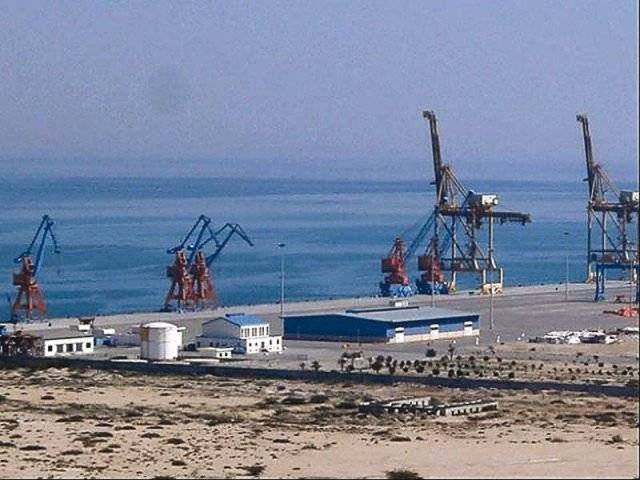
“If economies get a little more linked, I believe you will see improvement in the peace paradigm and people will find more positive approaches from countries in the region,” remarked Aziz in an interview with Xinhua news agency on Thursday.
Aziz, an economist who served as prime minister from 2004 to 2007, made the comments on sidelines of the “Belt and Road Summit - Financing Through Silk Road Bond” in Hong Kong.
Connectivity is also a driver of economic growth, as it leads to more trade and travel that creates economic activities, according to Aziz.
“Once you do that, there is a common interest for both sides to do well, as you depend on your neighbour and your neighbour depends on you. That also leads to better understanding and it leads to peace.”
He added incomplete statistics showed that in the China-Pakistan Economic Corridor (CPEC) projects, which were under construction, more than 6,000 Pakistani workers had been employed by the end of March, in addition to the employment indirectly created.
A host of projects focusing on energy and transport infrastructure have been launched in Pakistan under the CPEC, which Aziz said led to job creation in both Pakistan and China.
“People having jobs and getting income from economic activities is where prosperity and development lies.”
Aziz said projects under the CPEC also meant more employment and growth opportunities for China, as it gave Chinese enterprises a market of 200 million people. “That’s why we call it a win-win for both.”
The excitement over the CPEC was because of power projects initiated by China, which Aziz said would significantly ease power shortage in Pakistan.
Some 16 projects had been sorted out in the energy sector to be implemented first, which could generate 10.4 gigawatts
of electricity, said Chinese Ambassador to Pakistan
Sun Weidong during an interview with Xinhua in June.
A power plant in the city of Bahawalpur, built by Chinese company ZTE Energy, has recently installed a 300-megawatt unit, which can produce electricity for daily consumption of at least 200,000 Pakistani families, the ambassador said.
Published in The Express Tribune, September 10th, 2016.
Like Business on Facebook, follow @TribuneBiz on Twitter to stay informed and join in the conversation.










































COMMENTS (1)
Comments are moderated and generally will be posted if they are on-topic and not abusive.
For more information, please see our Comments FAQ